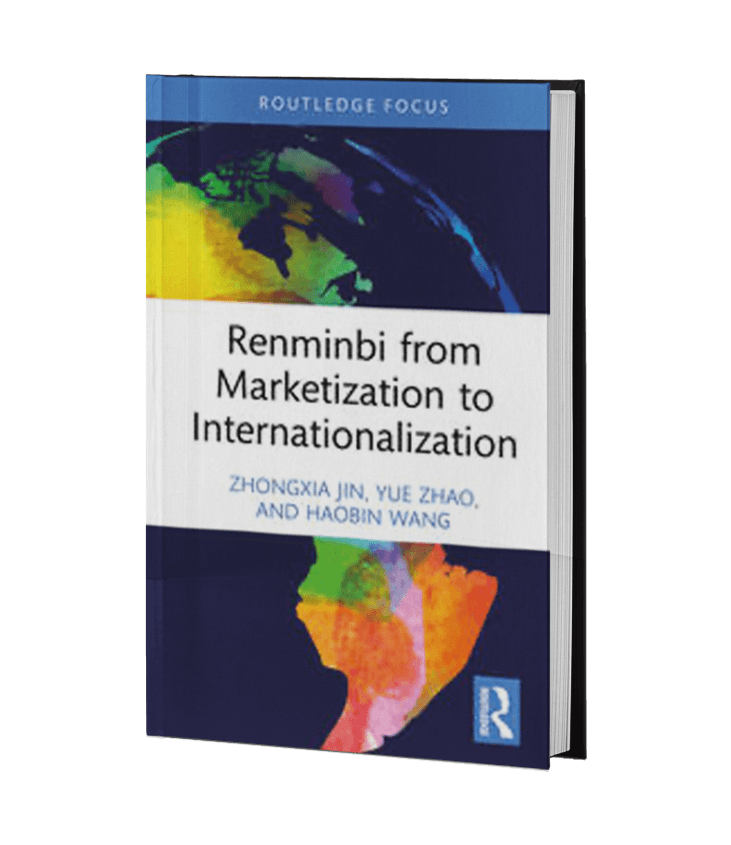
ABSTRACT
This study looks into the significance of a floating exchange rate regime, further development of the foreign exchange derivatives market, and concurrent internationalization of the Renminbi (RMB) for a resilient, open, and growing Chinese economy.
The first chapter analyzes the macroeconomic impact of foreign exchange intervention based on empirical studies on 26 economies, explaining why most countries favor a floating exchange rate regime under the existing international monetary system. The second chapter discusses the macroeconomic and microeconomic conditions that would facilitate a successful transition to a floating exchange rate. The final two chapters discuss the importance of further developing the foreign exchange derivatives market in China and explores paths toward further opening-up of the capital market and internationalization of the RMB under a floating exchange rate. Based on the authors’ decades of reflections and systematic analysis on real cases both in China and abroad, the title sheds lights on China’s exchange rate issues and research on exchange rate policy.
This book will be an essential reference for scholars, students, professionals, and policymakers interested in exchange rate, currency internationalization, the financial market, especially the derivatives market, and the Chinese economy.
EXCERPT:
http://new.cf40.org.cn/uploads/JinChapter4.pdf
TABLE OF CONTENTS
Chapter 1
The Macroeconomic Impact of Foreign Exchange Intervention
Cross-Country Empirical Studies
Chapter 2
Laying a Solid Foundation and Moving toward a Free-Floating Exchange Rate Regime
A Successful Floating Exchange Rate Regime Requires Good Monetary and Fiscal Discipline
Chapter 3
Further Developing the FX Derivatives Market and Allowing for a More Market-Based Regulatory Approach in China
Chapter 4
Floating Exchange Rate and the Internationalization of the RMB
Epilogue
 About the author
About the author

 Jin Zhongxia
Jin Zhongxia

 China Finance 40 Forum Books
China Finance 40 Forum Books  New Finance Book Series
New Finance Book Series